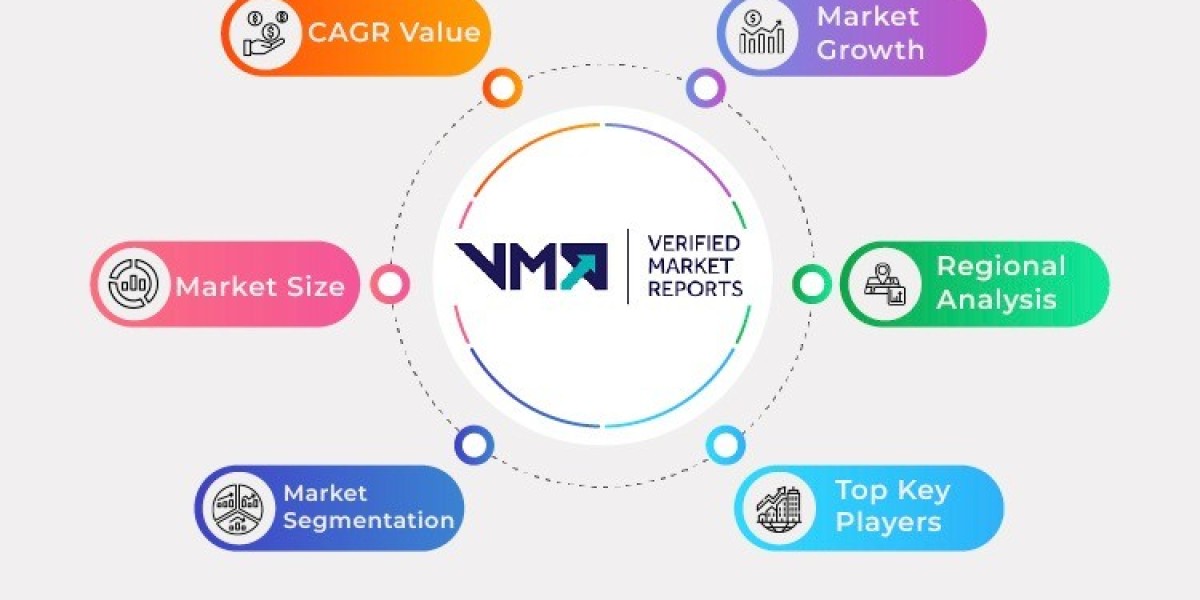The global autonomous driving software industry is projected to grow from USD 1.8 billion in 2024 to USD 7.0 billion in 2035, at a CAGR of 13.3%.
As automakers and technology companies plan to launch self-driving cars, demand for driving software solutions is likely to rise due to increasing investment in ADAS/AD technologies by OEMs and technology providers. The demand for L2+ vehicles is also growing. Rapid advancements in AI and sensor technologies, along with rising consumer interest in ADAS for improved safety, are expected to drive the demand for autonomous driving software in L2+ vehicles. Further, the shift to software-first architecture and technology sharing between leading OEMs and Tech Companies is also speeding up the shift to higher levels of Autonomy. For such developments, automotive software is being developed for applications such as perception & planning software, chauffeur software, interior sensing software, and supervision/monitoring software.
Passenger car segment is estimated to hold the largest share during the forecast period.
With increasing demand for safer and more comfortable vehicles, the passenger car segment will likely be the largest autonomous driving software market. This will further get impacted by growing demand for luxury vehicles. As per industry experts, by 2030, around 14-18% of the current L2 vehicle market share will be led by L2+ among passenger cars. Government mandate for safety features in passenger vehicles will also drive the market. For example, the EU expanded the scope of required ADAS technology to include Automatic Emergency Braking (AEB) and Lane Keeping Assistance (LKA) in newer vehicles beginning in 2022 and extending to existing models in 2024. This law compels automakers to provide the aforementioned ADAS technologies in the region. Similarly, South Korea has mandated AEB and LDW systems for all new passenger vehicles since 2019. Furthermore, in May 2024, the UK government enacted the Automated Vehicle Act 2024, which encourages the use of automated vehicles and authorizes the commercialization of self-driving vehicles on British roads beginning in 2026.
Several automakers, including Nissan, Tesla, BMW, Mercedes-Benz, Hyundai, and Audi, are investigating advanced autonomous applications for their passenger vehicles. Companies are forming partnerships and investing considerably in autonomous driving software technology. For example, in February 2024, OXA launched Oxa Driver, its first commercial self-driving software, in passenger autonomous car shuttles in Jacksonville, Florida. Similarly, in February 2024, Pony.ai received approval for fully unmanned passenger testing of Autonomous GAC Toyota Sienna in Beijing, which allows the vehicle to conduct demonstrations of autonomous driving capabilities, available for user hailing through the PonyPilot+ app, concurrently in Beijing and Guangzhou.
Download PDF Brochure @ https://www.marketsandmarkets.com/pdfdownloadNew.asp?id=247907500
Electric propulsion segment is estimated to hold the largest share in the autonomous driving software market during the forecast period.
Electric propulsion segment is estimated to hold the largest share in the autonomous driving software market during the forecast period. It is easier of EVs to incorporate ADAS systems, due to less mechanical systems and presence of central processing. These vehicles will be equipped with a variety of sensors, processors, and control systems that help the vehicle to navigate, recognize obstacles, and interact with other vehicles and people. With this technology, vehicles can be programmed to follow predetermined paths and make decisions based on their surroundings. Autonomous EVs can be used in a variety of applications, including delivery, commodity transportation, ride-sharing, and even military operations.
The demand for an emission-free transportation option has prompted car OEMs all over the world to shift their focus to EVs. Many countries in the world are introducing emission and safety regulations. This is expected to improve road safety and reduce emissions. Many global OEMs, such as Nissan, Tesla, BMW, Mercedes-Benz, Hyundai, and Audi, are looking forward to developing and manufacturing their L2+, L3 and L4 vehicles with electric propulsion. Several OEMs and autonomous driving software suppliers are actively investing in and developing EV autonomous vehicle technology. For example, in September 2023, Mobileye (Israel) partnered with Smart Europe GmbH (Germany). Smart's next special edition EV will include a Navigation Smart Pilot (NSP) and enhanced driving assistance features based on Mobileye SuperVision. It will also have Smart Pilot Assist 2.0.
North America is expected to have a significant share in the autonomous driving software market by 2035
The autonomous driving software market in North America is projected to witness significant growth during the forecast period due to the growing demand for autonomous vehicles in the region. Domestic OEMs, such as Ford, GM, and Tesla, along with European and Asian OEMs, such as Toyota (Japan), Nissan (Japan), Hyundai (South Korea), BMW (Germany), and Volkswagen (Germany) already offer L2+ vehicles in the region. Some leading companies are also providing L3 Autonomous vehicles in the region. Mercedes-Benz, for instance, provides S-Class and EQS SUV L3 vehicles in US and Canada. Similarly, BMW provides its 7 Series with L3 autonomy.
Autonomous driving software demand in L2+ vehicles in the region is likely to be driven by increased government legislation, which demands the use of sophisticated safety features in vehicles, as well as consumer knowledge and acceptance of autonomous driving. The rise of Al, cloud solutions, and machine learning is set to increase the need for autonomous driving software. With more automotive companies, tech firms, and suppliers joining forces, this demand is expected to grow in the region.
The presence of leading automotive software providers, such as NVIDIA, Qualcomm, Waymo LLC and BlackBerry Limited, among others in the region will also drive the demand for software for autonomous vehicles. These companies contribute to the development of innovative software solutions and systems for self-driving vehicles. For example, Alphabet (US) said in July 2024 that it intends to invest USD 5 billion in Waymo, its autonomous vehicle company, over the next several years. This investment will allow Waymo to continue its expansion as a leading autonomous driving technology company. The US is anticipated to be the region's main market, with strong demand in California, where self-driving cars have been tested for years. Canada will also have a big market, with increased demand for premium vehicles and more concern about road safety.
Key Players
The major players in the autonomous driving software market include Mobileye (Israel), NVIDIA Corporation (US), Qualcomm Technologies, Inc. (US), Huawei Technologies Co, Ltd (China), and Aurora Innovation Inc. (US). These companies offer autonomous driving software for automakers and have strong global distribution networks. Companies are also actively collaborating and partnering with other technology providers and OEMs. Mobileye for instance, collaborates with over 50 automakers, such as Mahindra&Mahindra Ltd. (India), Ford Motor Company (US), ZEEKR (China), among others, leveraging partnerships to expand its market reach and enhance ADAS technology integration.
Request Free Sample Report @ https://www.marketsandmarkets.com/requestsampleNew.asp?id=247907500


